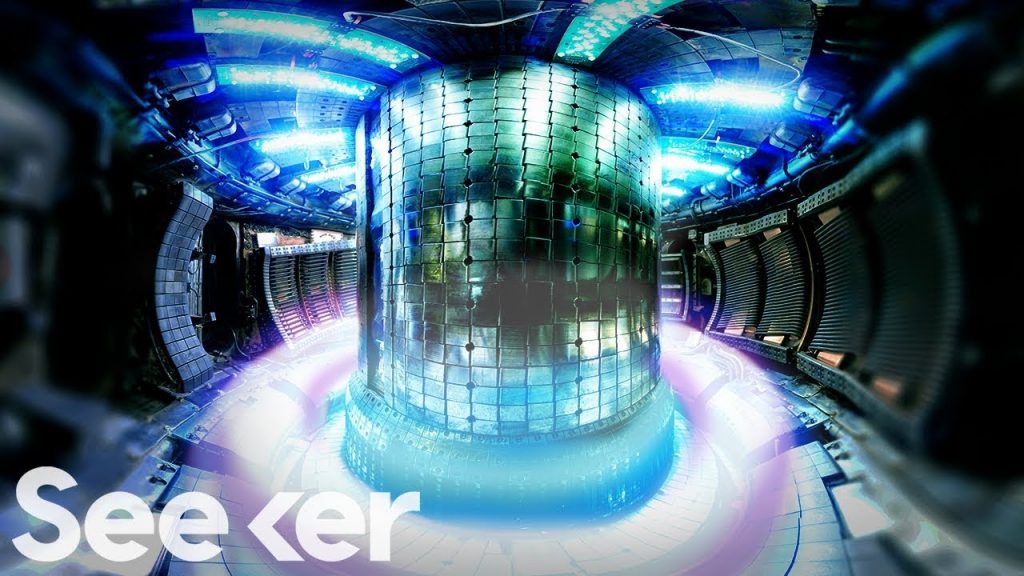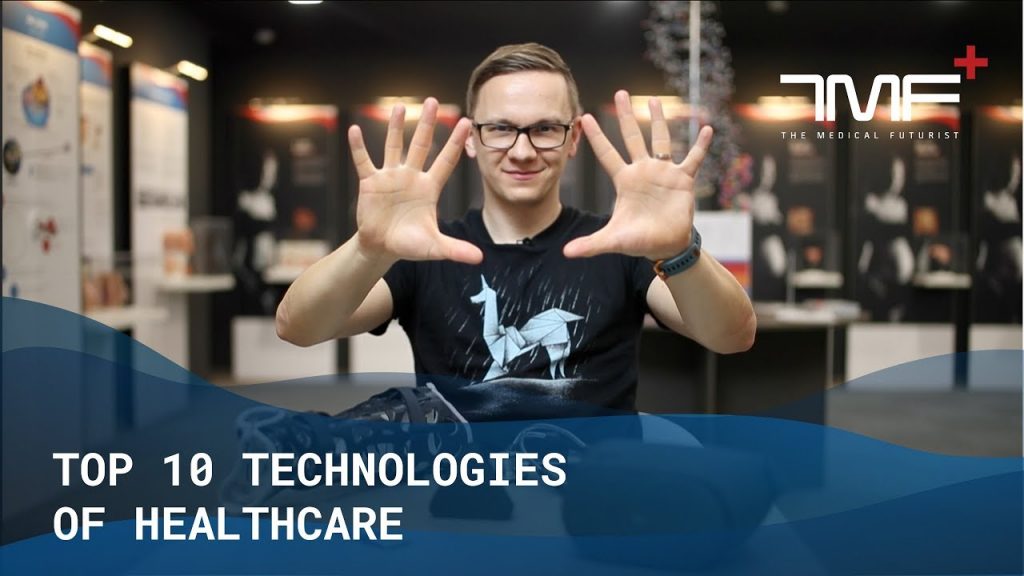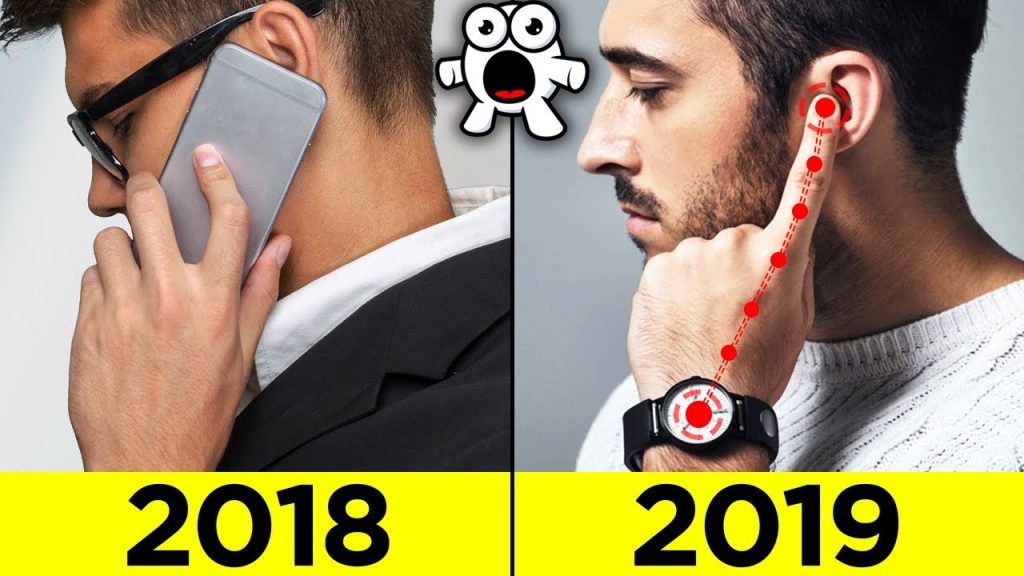The Top 10 Most Promising Medical Technologies UPDATED – The Medical Futurist

Digital health technologies are booming and there are so many of them!
But if I step back and look at the big picture, it gets easier to point at those that will have the biggest impact on medicine and healthcare.
The healthcare industry has been evolving rapidly in the last couple of years, with advancements in medical technologies driving the change. From artificial intelligence to nanotechnology, new innovations have been developed to augment the efficiency and effectiveness of medical treatment. The Medical Futurist, an avid medical technology research group, has listed the top 10 most promising medical technologies of the past year.
1. Telemedicine
Telemedicine lets medical professionals diagnose, monitor, and treat patients remotely using video conferencing and digital communication technologies. It reduces the need for in-person hospital visits, making healthcare more accessible, cost-effective, and convenient for patients.
2. Immunotherapy
Immunotherapy is a powerful cancer treatment that enhances the body’s immune system to attack cancer cells, improving overall outcomes and survival rates. It has been a major breakthrough for cancer patients who previously had very few options.
3. Nanorobots in medicine
Nanorobots are microscopic medical devices designed to perform targeted modes of drug delivery, surgery, and cell repair with extreme precision. They represent a new era of medical treatment, making it possible for patients to achieve better results with fewer side effects.
4. Gene editing
Gene editing is a process used to change an organism’s DNA sequence to make alterations to its genetic code. Gene editing techniques are expected to revolutionize the treatment of genetic diseases, allowing doctors to correct genetic anomalies in a patient’s DNA.
5. Artificial Intelligence (AI)
AI technologies, such as Machine Learning, are transforming the healthcare industry by enhancing diagnosis, improving treatment planning and outcomes, and supporting the development of personalized treatment plans.
6. Robotics in surgery
Robotic systems help doctors perform complex surgical procedures with high precision and accuracy, reducing the risk of complications and making the process less invasive. The technology improves surgical outcomes for patients and helps doctors handle complex surgical procedures better.
7. Medical 3D Printing
3D printing technology has revolutionized the healthcare industry by making it possible to create custom implants, prosthetics, as well as surgical instruments. With the use of 3D printing, patients can quickly receive customized treatment with fewer risks and complications.
8. Big Data
Healthcare organizations are now beginning to collect vast amounts of data from electronic health records, insurance claims, and other sources. By harnessing this data via Big Data Analytics tools, doctors and health organizations can make better informed decisions towards the provision of personalized treatment plans for patients.
9. Virtual Reality
Virtual Reality (VR) technology enables medical professionals to visualize medical procedures and treatments using computer-generated simulations. This enables them to design better approaches and to train novice practitioners, reducing the risks that can occur with inexperienced medical personnel in the field.
10. Blockchain technology
Healthcare systems are full of data, and with the growing digitalization of records comes the need for secure and private handling of patient data. Blockchain technology offers a secure, decentralized tool to store and retrieve relevant medical data quickly and efficiently.
In summary, advancements in medical technology hold great promise for the future of healthcare, and these top ten medical technologies are taking us there. The development of telemedicine, immunotherapy, nanorobots, gene editing, AI, robotic surgery, 3D printing, Big Data, virtual reality, and blockchain technology all have significant implications for the improvement and expansion of medical care overall. As these technologies continue to develop and improve, the medical industry can look forward to a future of even more accessible, personalized medicine.








10 Mastermind Hackers That Outplayed Everyone (even NASA)
How Close Are We to Fusion Energy?
5 AWESOME PERSONAL TRANSPORTATION MACHINES that You can Buy Now
Fastest Electric Wheel Ever!
10 OF THE COOLEST MEANS OF TRANSPORT